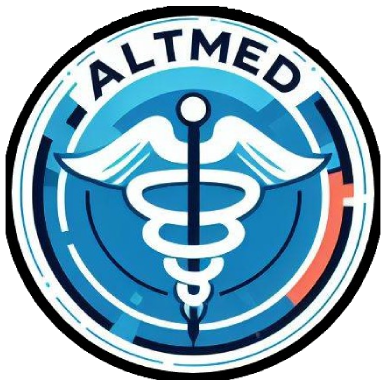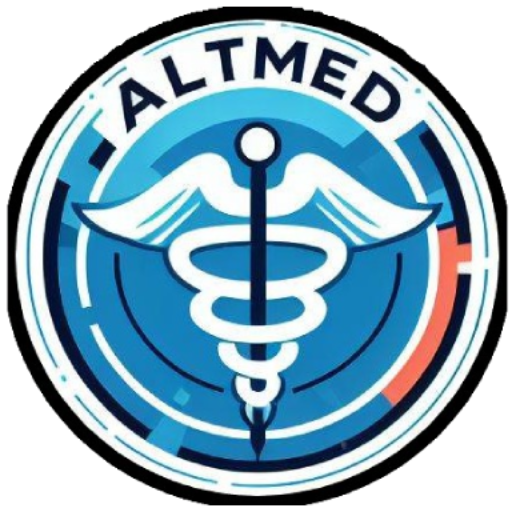Introduction:
In November 2021, researchers Aykac and Kalkan published a study in Global Medical Genetics exploring how trauma affects genes in PTSD. By using rat models, the study sheds light on how stress might “turn on” or “turn off” certain genes. This approach, called epigenetics, could lead to new treatments for people suffering from post-traumatic stress disorder (PTSD).
Key Points for Patients:
- What is PTSD?
- PTSD is a condition triggered by experiencing or witnessing traumatic events. Symptoms include flashbacks, anxiety, and difficulty sleeping.
- Not everyone who experiences trauma develops PTSD, and researchers believe genetic factors may play a role.
- What is Epigenetics?
- Epigenetics looks at how the environment, like stress or trauma, changes the way genes work without altering the DNA itself.
- These changes can affect how the brain handles stress, potentially leading to conditions like PTSD.
- Why Use Rats in Research?
- Rats are often used to study PTSD because their brains respond to stress in ways similar to humans.
- The study found changes in specific genes linked to stress responses, helping researchers understand how trauma affects brain function.
- What Does This Mean for Treatment?
- Epigenetics opens the door to personalized therapies that target how genes respond to trauma.
- These findings could lead to treatments that reverse the gene changes caused by stress, providing better care for people with PTSD.
The VitalPoint for Patients:
This research helps us understand how trauma impacts the brain at a genetic level. With this knowledge, scientists are one step closer to creating targeted treatments for PTSD. If you or a loved one struggles with PTSD, this study offers hope for more effective care in the future.
Learn More:
- Aykac A, Kalkan R. Epigenetic Approach to PTSD: In the Aspects of Rat Models. Glob Med Genet. 2021 Nov 11;9(1):7-13. doi: 10.1055/s-0041-1736633. PMID: 35169777; PMCID: PMC8837403.
- https://pmc.ncbi.nlm.nih.gov/articles/PMC8837403/

